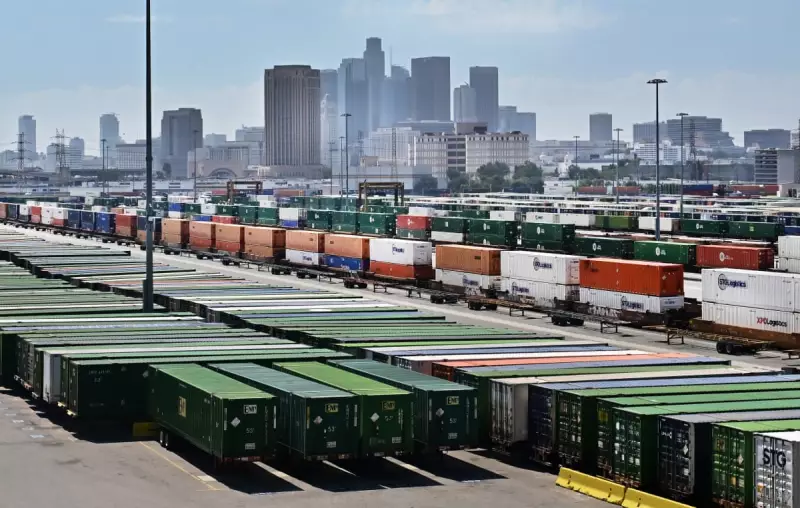
In a landmark decision with far-reaching implications for US trade policy and presidential authority, the Supreme Court has delivered a stinging rebuke to former President Donald Trump's aggressive use of tariff powers.
A Defining Moment for Executive Power
The court's ruling, decided by a narrow 5-4 majority, fundamentally challenges the scope of presidential authority in imposing import taxes without congressional approval. This decision strikes at the heart of Trump's controversial trade war tactics, particularly those implemented under Section 232 of the Trade Expansion Act of 1962.
The Case That Challenged Presidential Authority
The legal battle centred on whether the president possesses unilateral power to impose sweeping tariffs based on national security concerns. Opponents argued that Trump's administration had stretched the definition of "national security" beyond reasonable limits, using it as justification for economically punitive measures against trading partners.
What the Ruling Means for Future Trade Policy
This precedent-setting decision effectively:
- Reins in presidential authority to impose tariffs without clear congressional authorization
- Establishes stricter judicial oversight of trade measures justified under national security grounds
- Creates significant hurdles for future presidents seeking to implement similar protectionist policies
- Provides relief to businesses that faced increased costs from Trump's tariff regime
Immediate Political and Economic Implications
The ruling arrives at a critical juncture in American politics, potentially influencing ongoing trade negotiations and future presidential approaches to international commerce. Economists suggest the decision could stabilise international trade relationships that were destabilised during Trump's presidency.
Legal experts are hailing this as one of the most significant checks on presidential power in recent decades, with potential implications extending beyond trade policy to other areas of executive authority.
The Dissenting Opinion
The court's conservative justices, in their dissenting opinion, warned that the decision undermines presidential flexibility in responding to genuine national security threats through economic measures. They argued that it represents judicial overreach into matters traditionally reserved for the executive branch.
This ruling sets the stage for potentially contentious debates about the balance of power between the executive, legislative, and judicial branches as America approaches another presidential election cycle.





